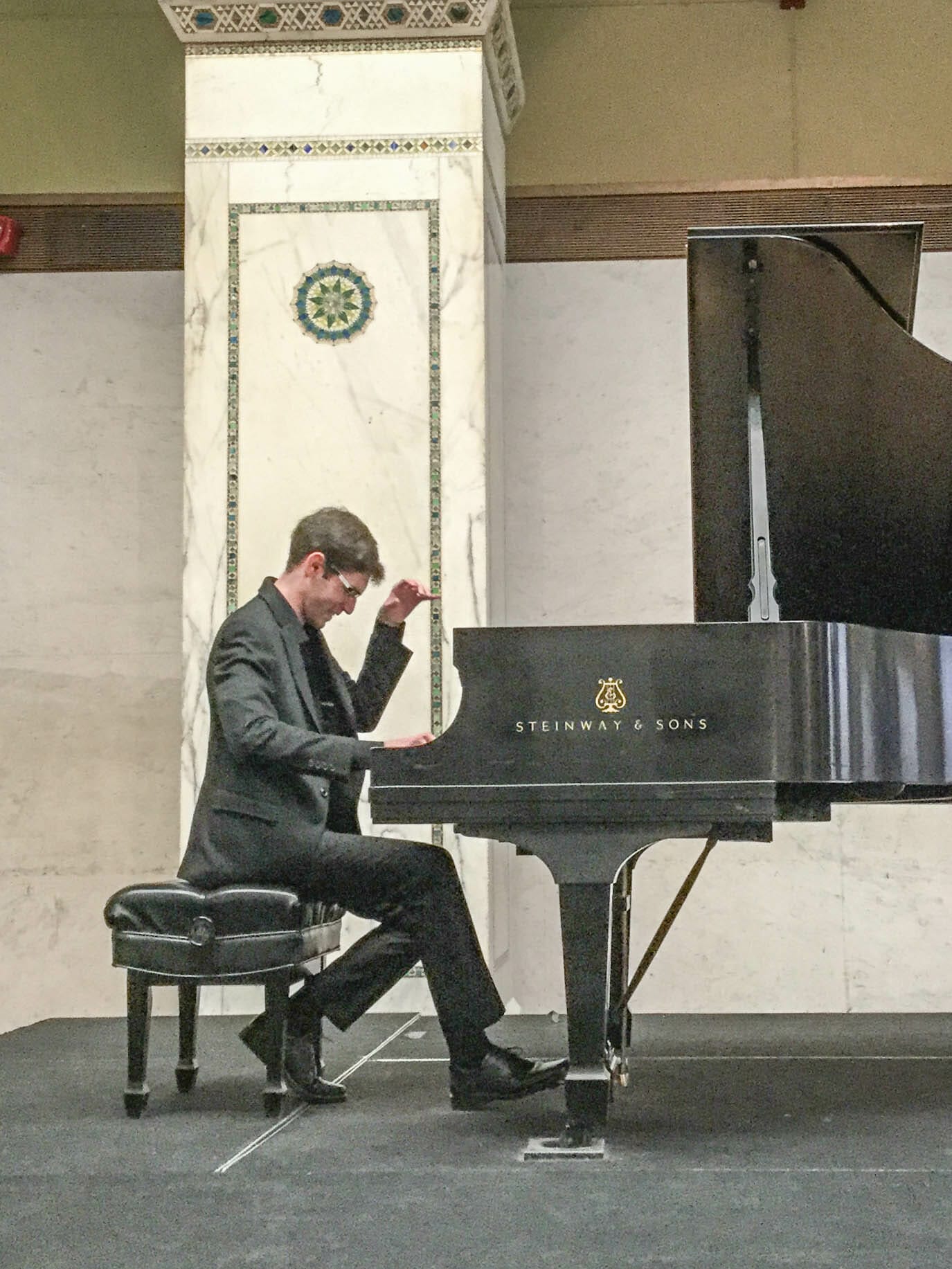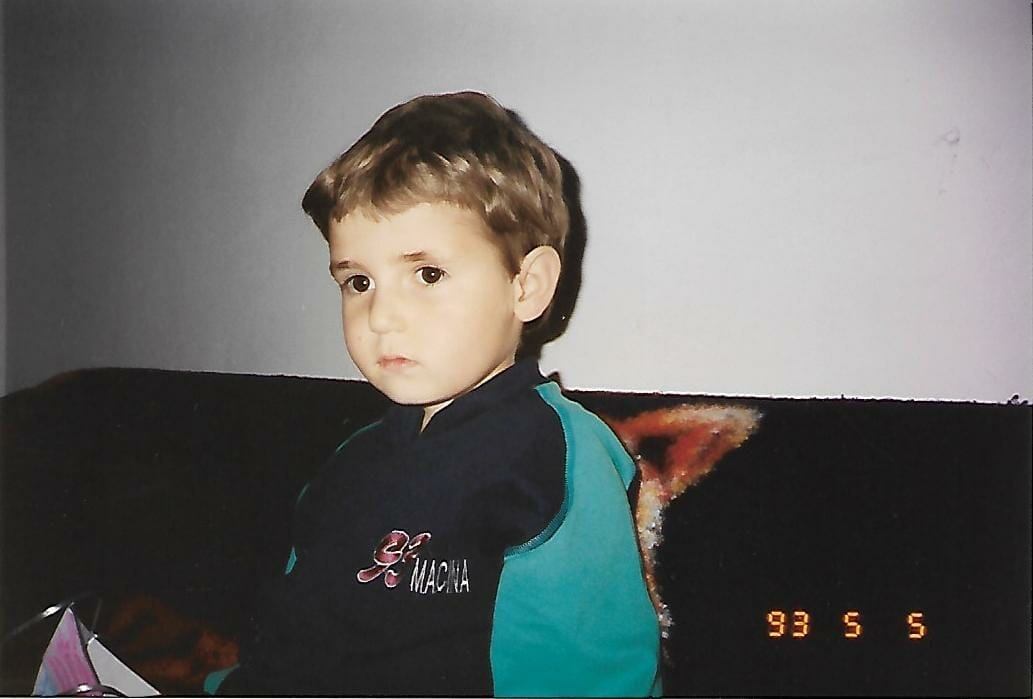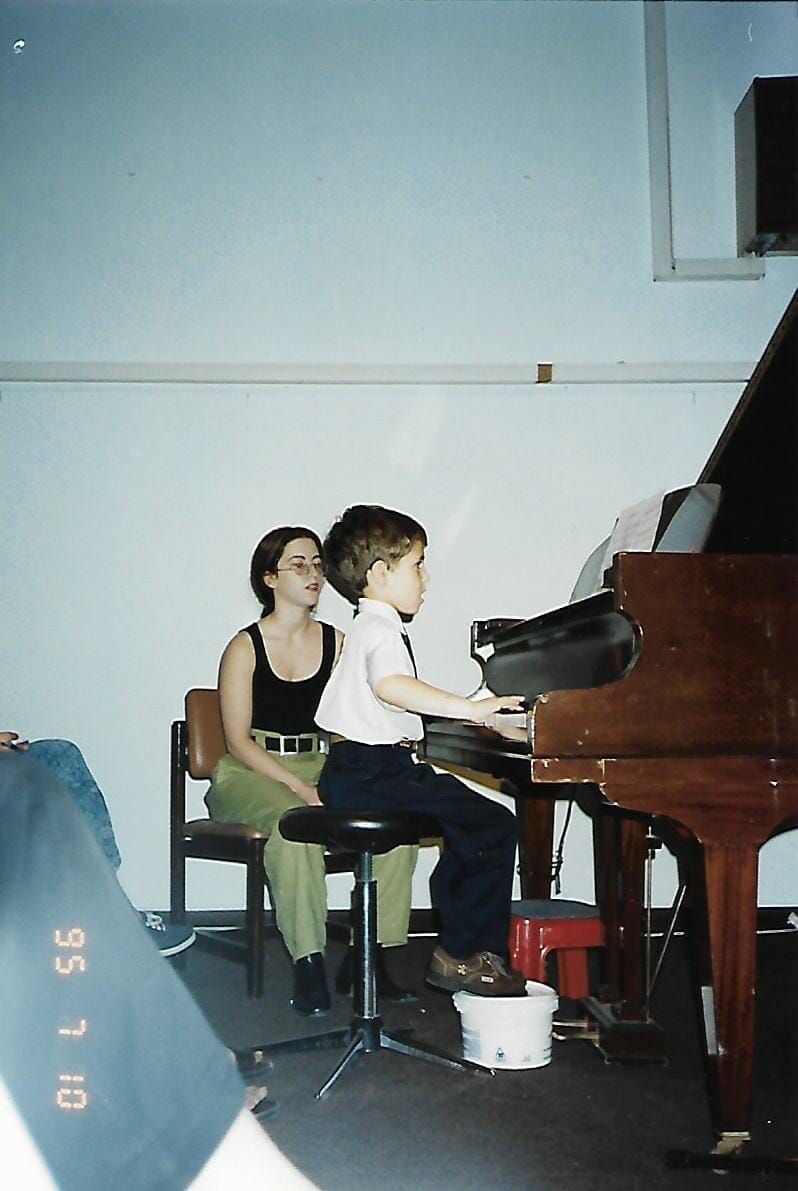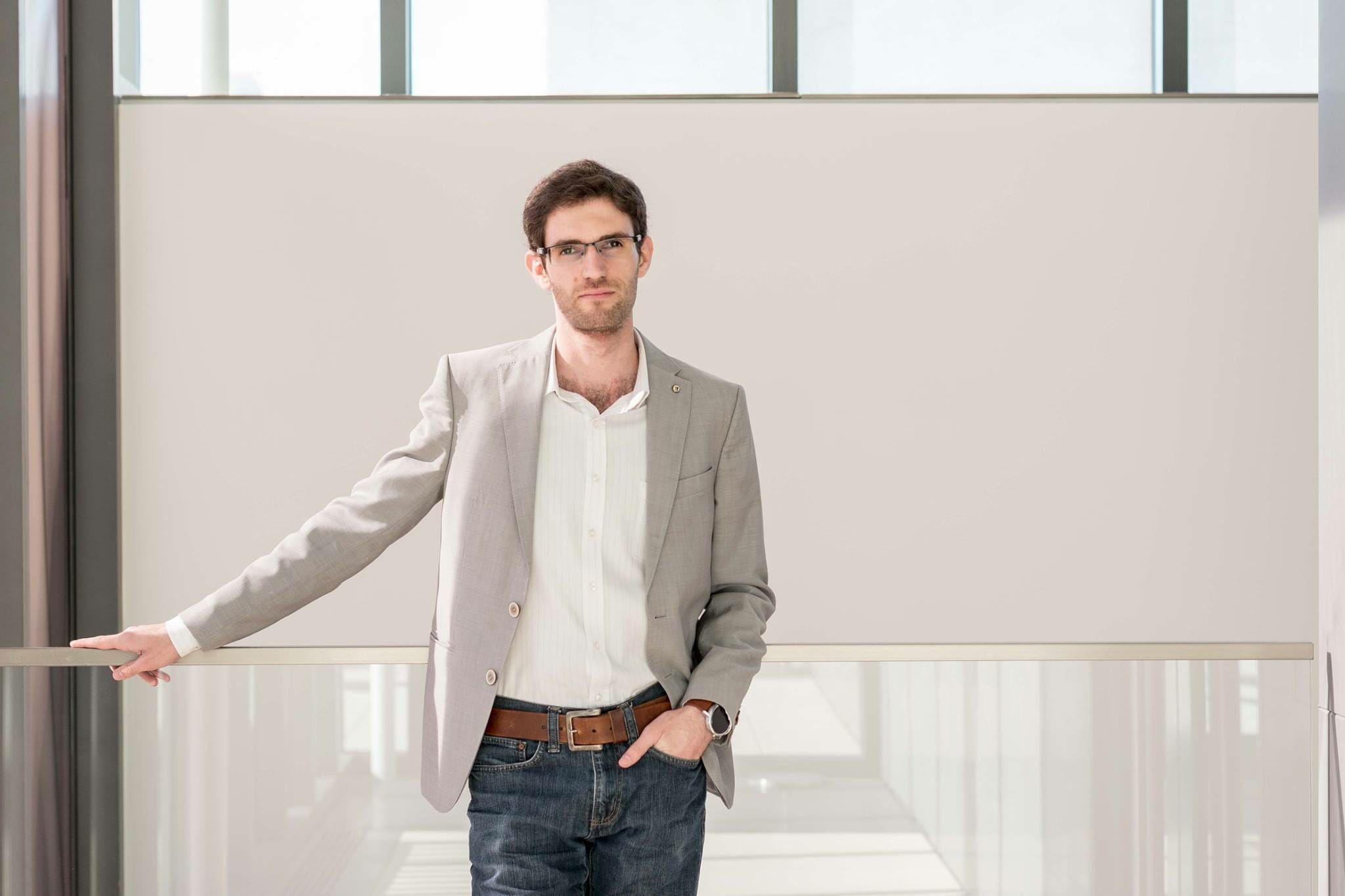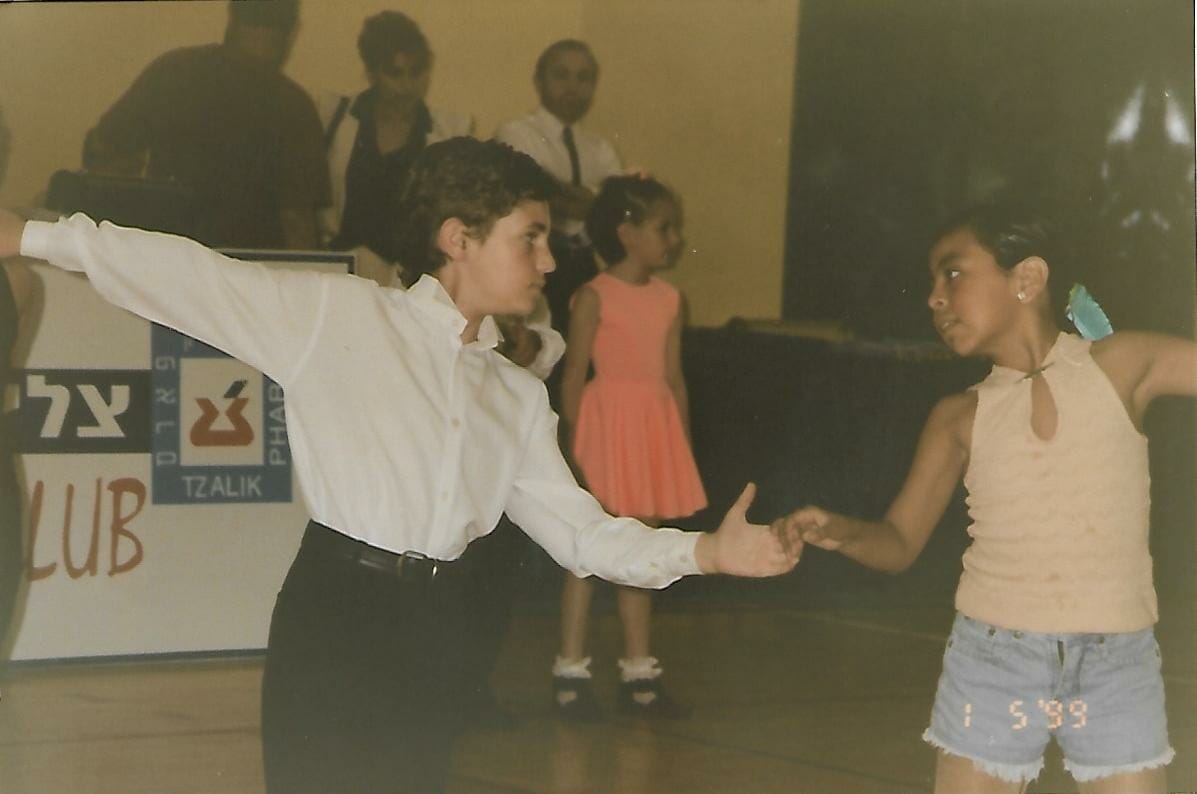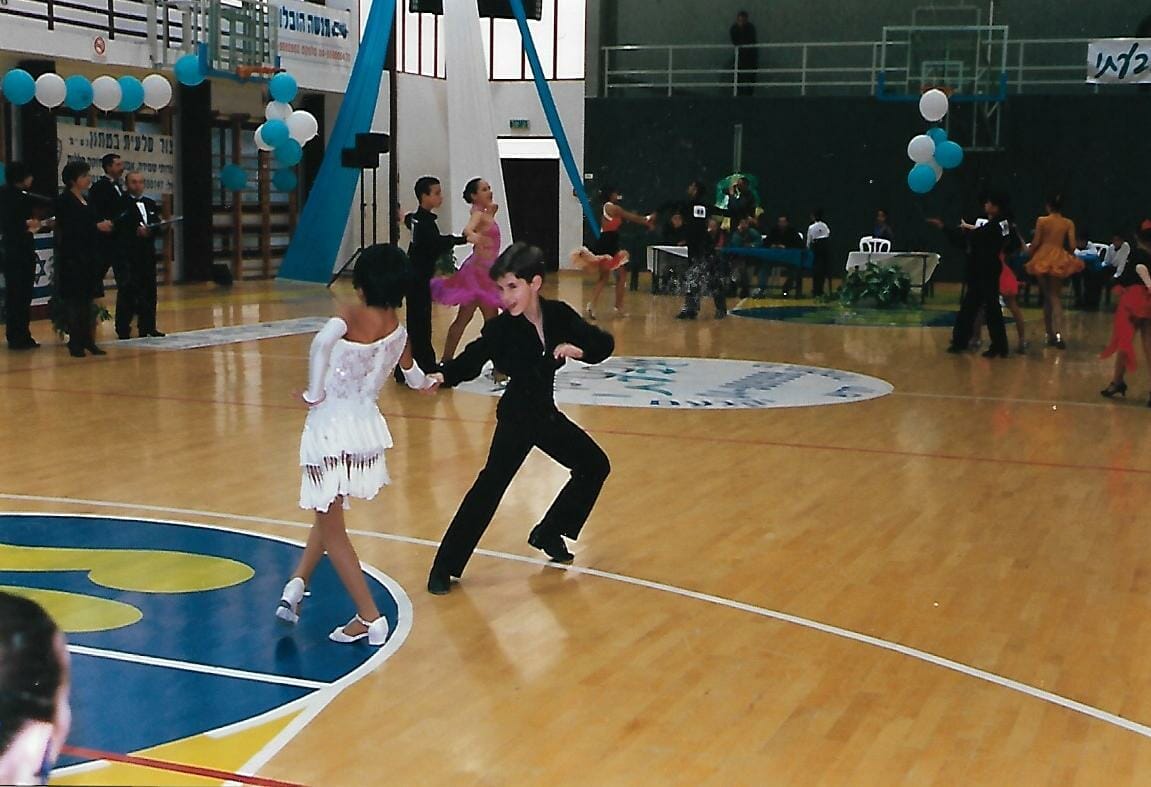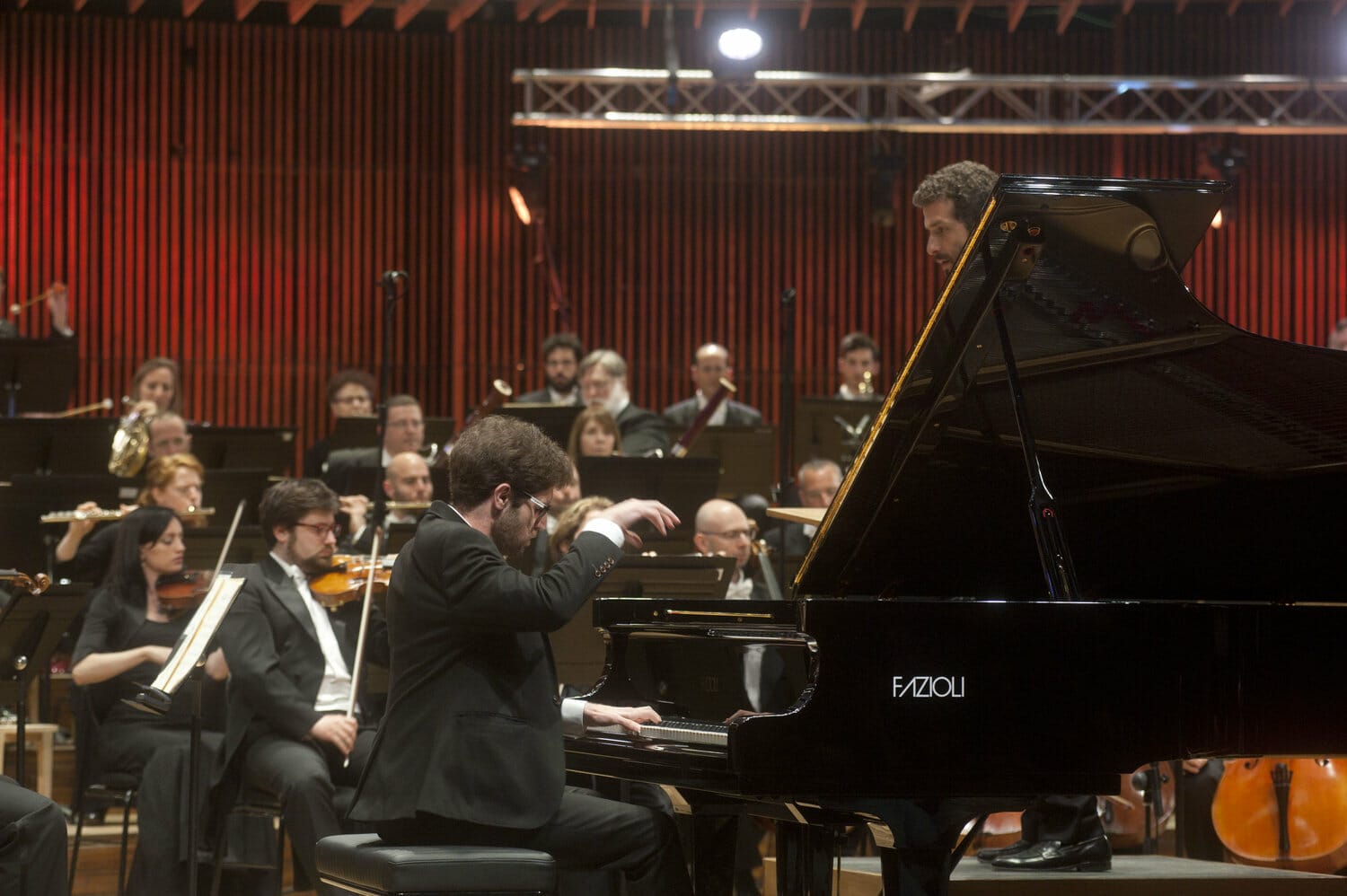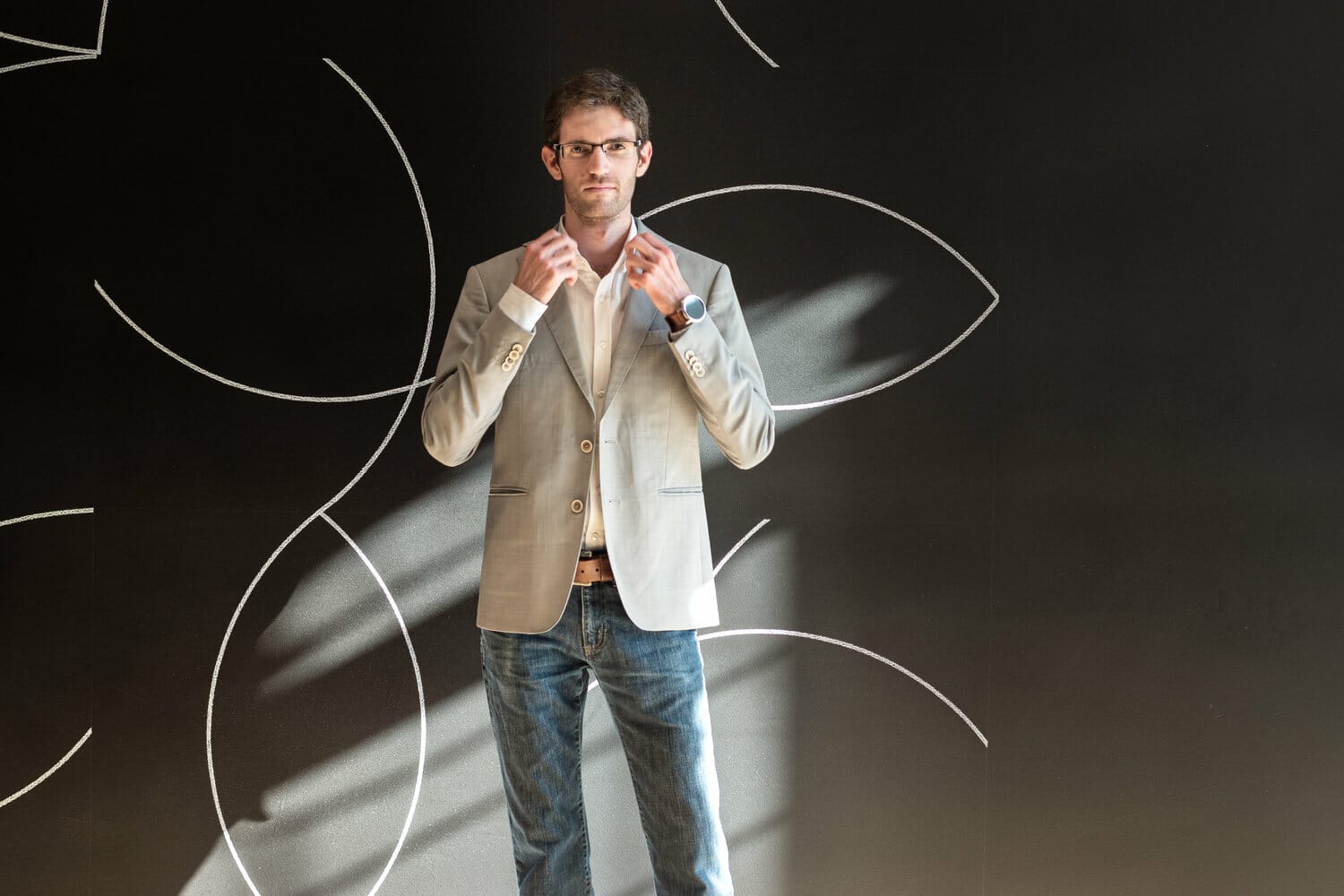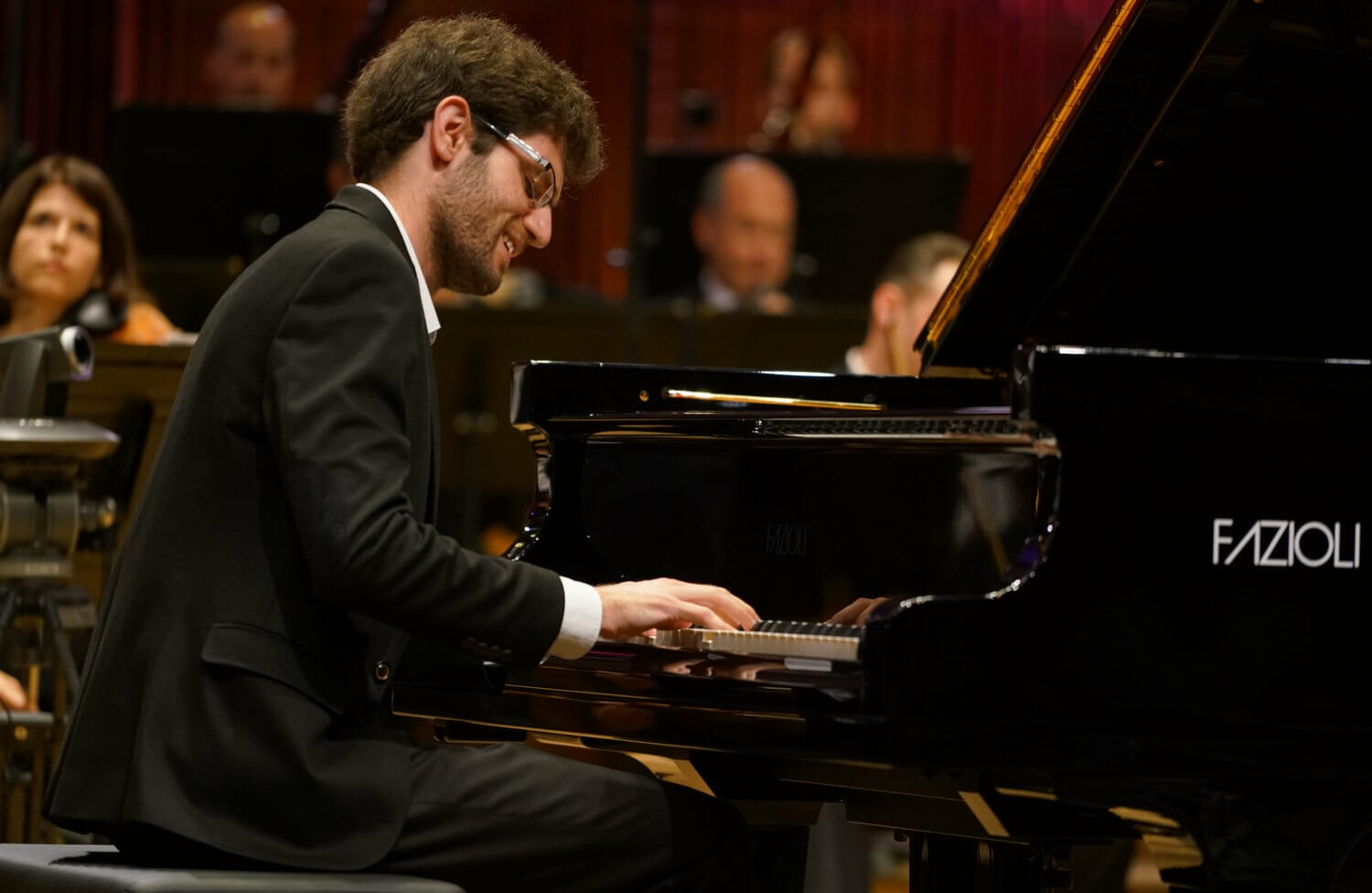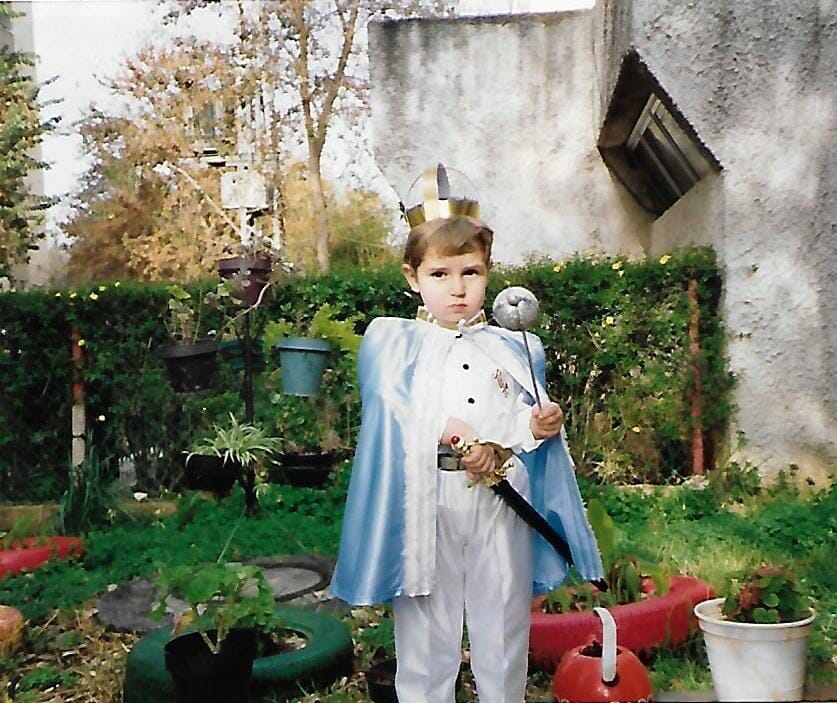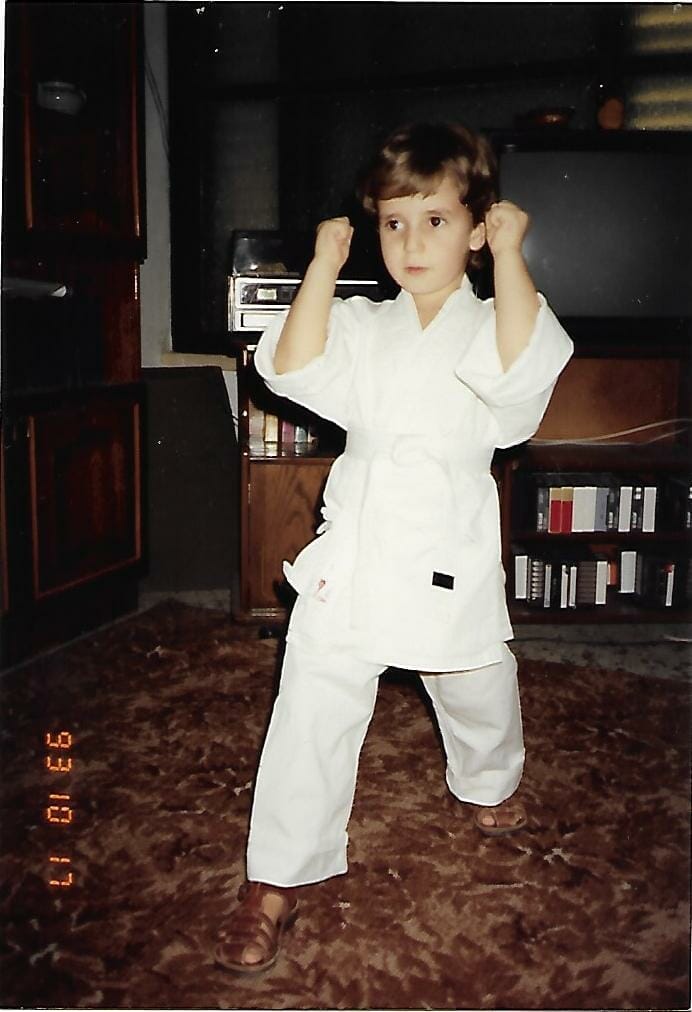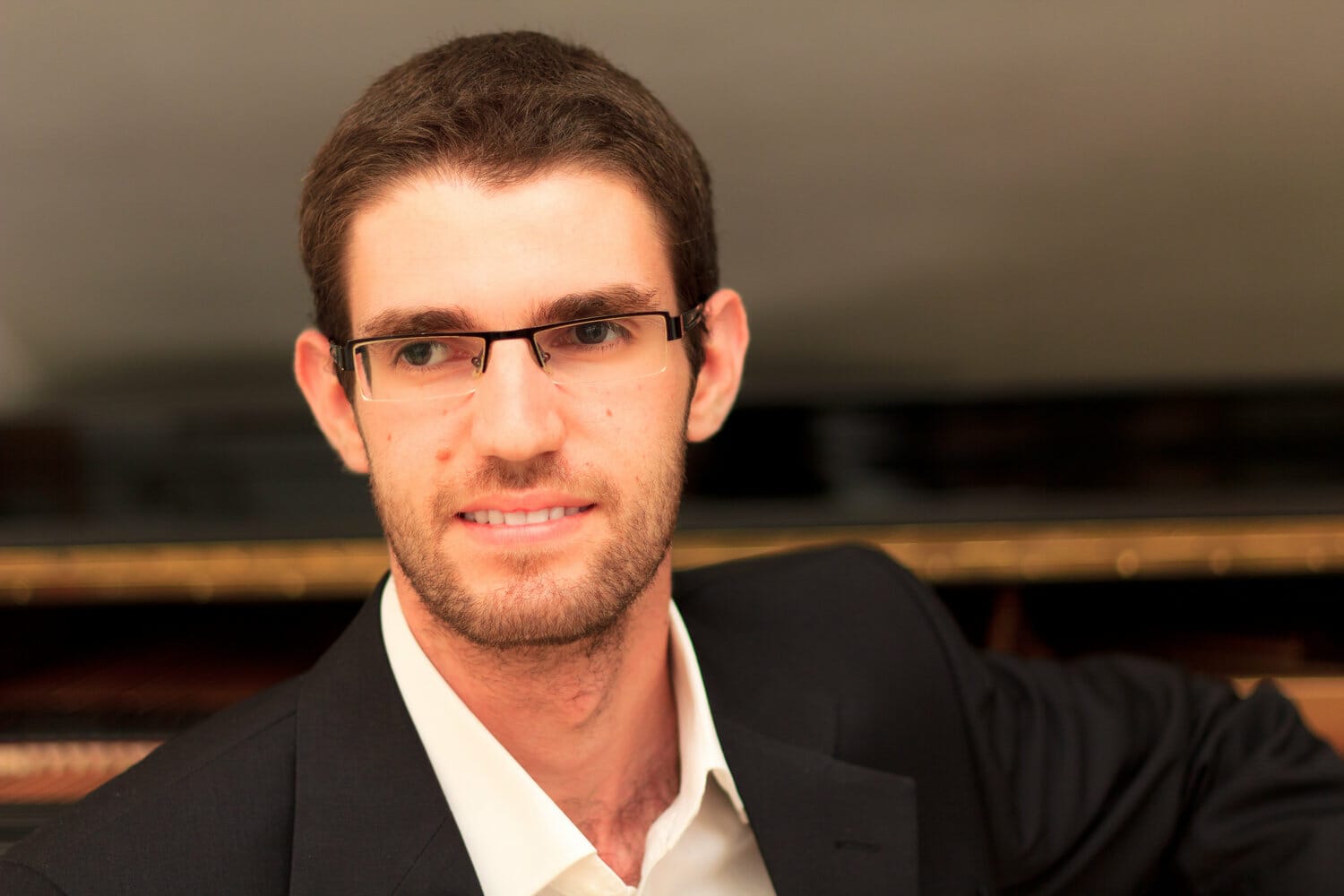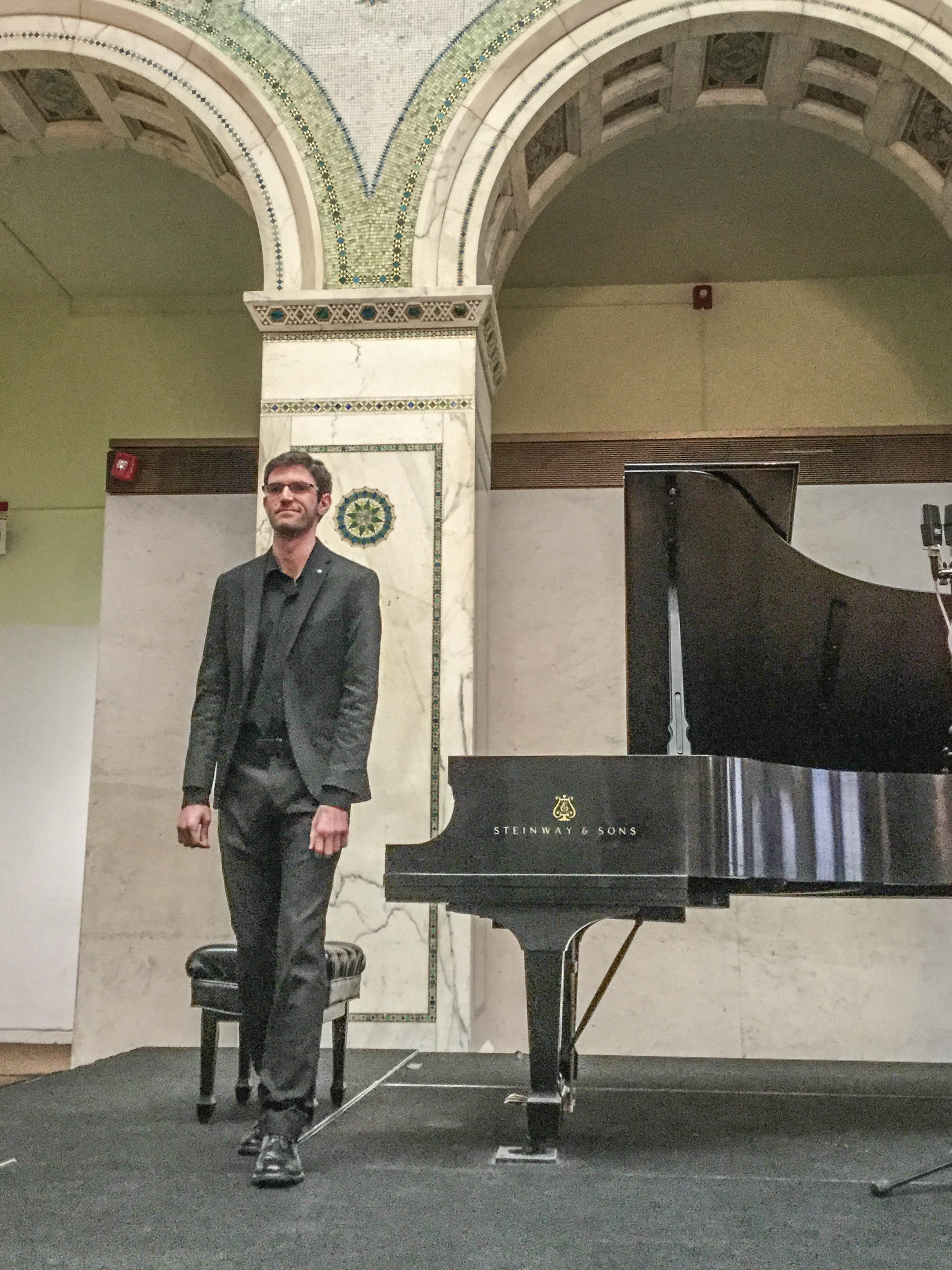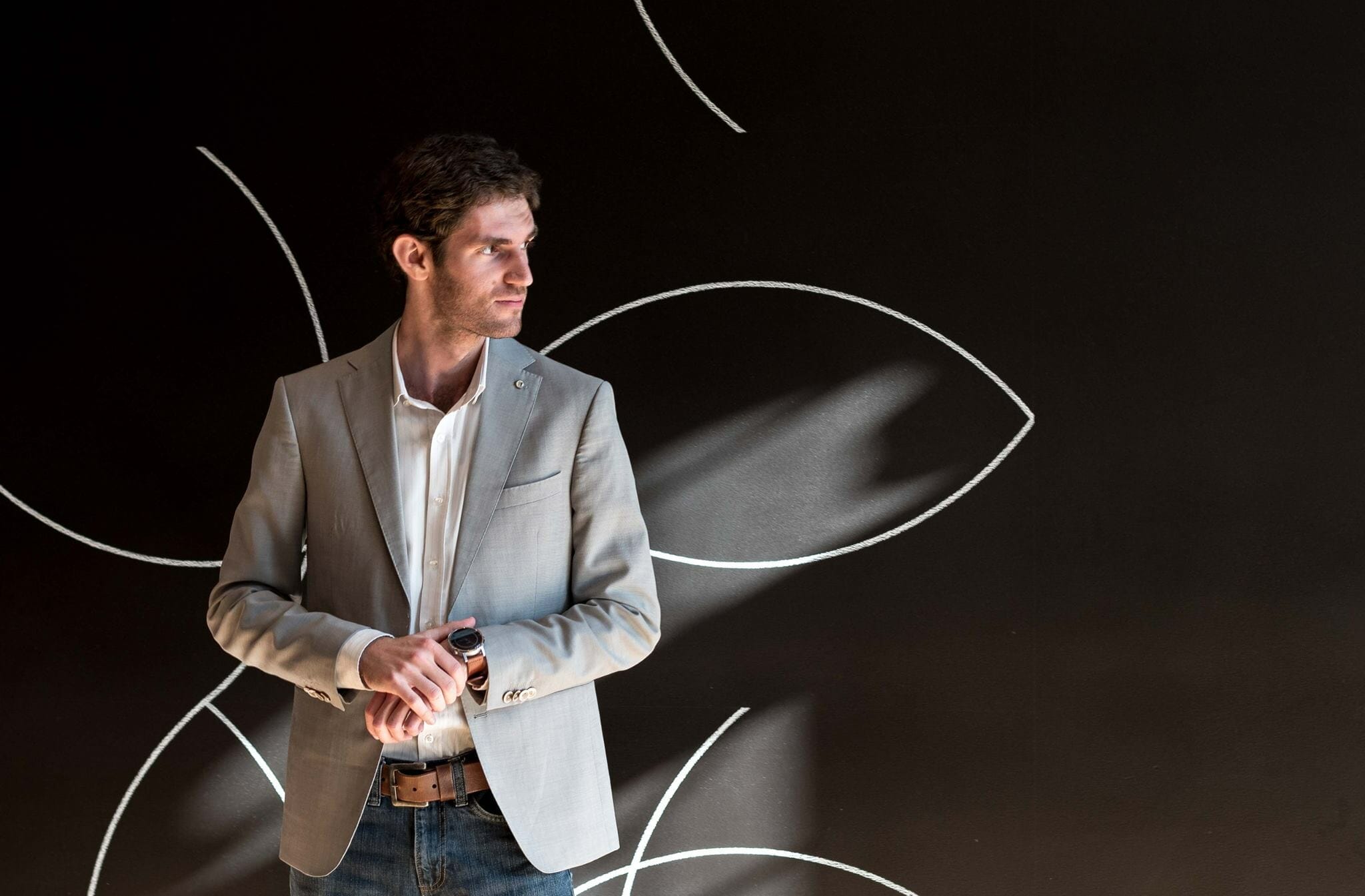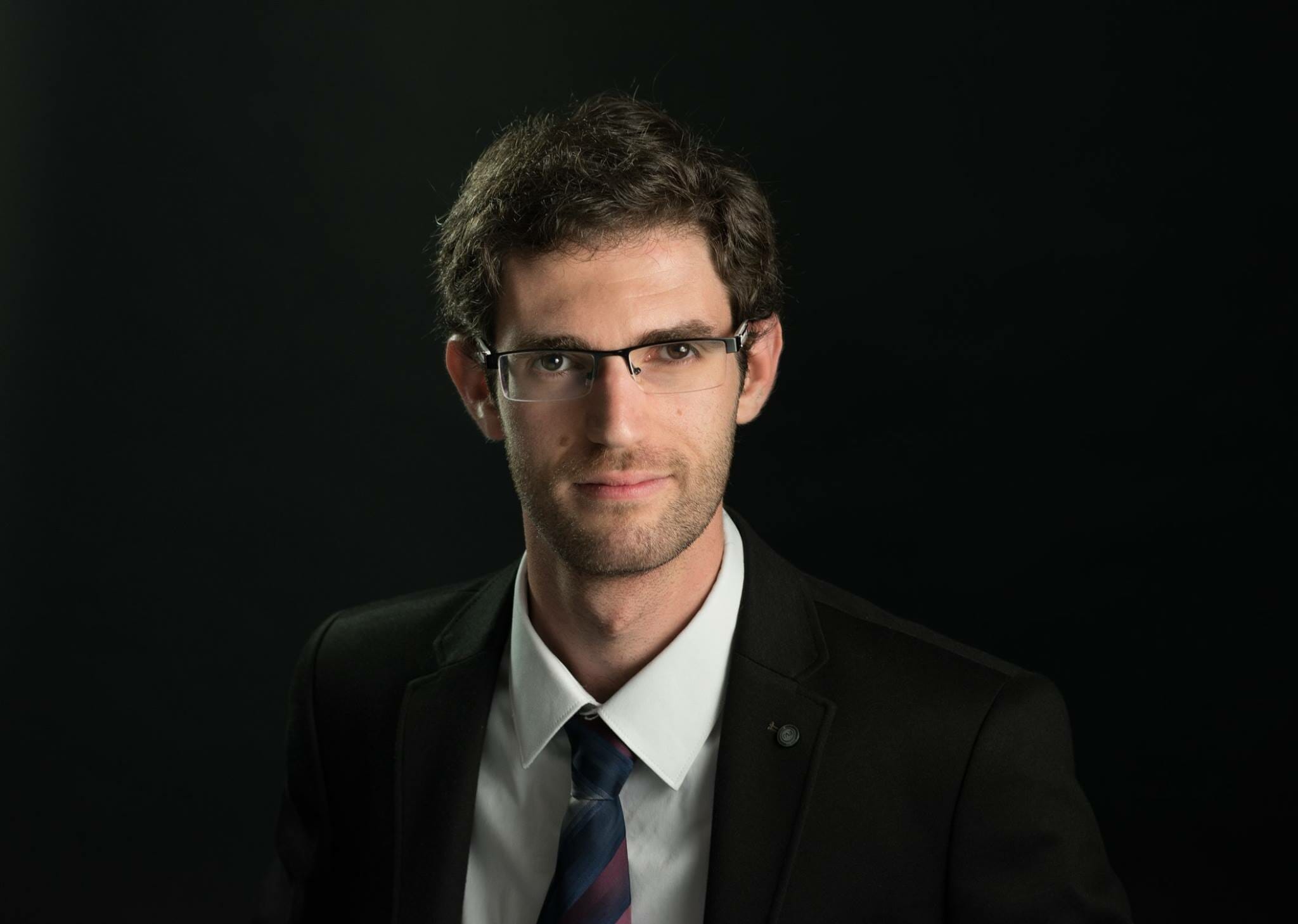The spoiled Dame Myra Hess concert audience filling Preston Bradley Hall on March 22, 2017 would probably not find it surprising that virtuoso pianist Yevgeny Yontov started his piano studies at the age of six, has an advanced music degree from Yale, and already a long list of career milestones—prizes from world piano competitions, solo and chamber group recitals around the world, and more. As singular as these type credits sound, they are almost routine Wednesday fare for WFMT listeners or for those who come to the concert hall.
Dial back in Yevgeny’s story, though, and you learn that it wasn’t always a foregone conclusion that he’d become the master pianist he is today. His first high-profile performances were actually as a ballroom dancer, something he pursued until the age of 16.
Dancing with the Stars??? Almost…
What a loss that would have been to the classical music world, any listener will likely agree. Here is the WFMT recording of Yevgeny Yontov's performance.
In this performance Yevgeny explains that each work in some way pays homage to an earlier style or a specific composer—Poulenc (Wild’s Hommage á Poulenc); Chopin (Debussy’s Étude No. 3 pour les quartes); and the Classical style (Chopin Piano Sonata No. 3, Op. 58).
Read Picture this Post’s conversation with Yevgeny Yontov below.
Picture this Post: What were your first musical experiences?
Yevgeny Yontov: My parents are not musicians. In fact, they come from a scientific background. When I was 5 or 6 years old, they just decided, like any good Eastern-European/Jewish parents, that they were going to find out what I was good at. I ended up taking a few Judo lessons, I joined a math club and a chess club, took drawing lessons, etc. Eventually, playing the piano and ballroom dancing stuck. I don't dance anymore, but I did do it "professionally" until the age of 16!
Where were you born and where did you grow up?
I was born in Odessa when it was part of the USSR. After the Soviet Union fell apart it became part of Ukraine. A year after I was born, though, in 1990, my parents decided to leave this unstable region and move to Israel, which is where I grew up. I consider myself Israeli.
What have been the major milestones in your career?
I won the gold medal at the Wideman International Piano Competition in Louisiana, 1st prize at the Tel-Hai International Concerto Competition in Israel, and additional prizes in competitions such as the Boesendorfer International Piano Competition in Arizona, the Olga Kern International Piano Competition in New Mexico, and the International Piano Competition in Pinerolo, Italy.
I recently participated in the Arthur Rubinstein International Piano Master Competition. I was a finalist there and received a number of special prizes, including the Prize for Best Performance of Chamber Music and the Prize for the Best Israeli Pianist. That was a huge milestone for me.
Besides music, what are your main interests?
I like spending time with friends – sharing a meal or going out for beer to talk. When I'm alone and have time, I like reading my Kindle. Short stories are a recent favorite of mine, and I'm currently getting through a collection by Vladimir Nabokov. For those times when I'm really tired, though, and have energy to do absolutely nothing, there's nothing better than Netflix.
Have you played in the Dame Myra Hess series before?
Yup. It was two years. Wonderful experience, which is why I'm thrilled to be doing this again.
Please tell our readers more about why you chose this program.
The reason for me choosing these particular pieces might be a bit unmusical – I'm going to another competition soon and I'll be playing these pieces there, among others. In fact, the Earl Wild transcription and the Chopin Sonata are my first round in that competition. I needed another piece to fill the time, so I added a Debussy Etude. I am playing all six of his first Book of Etudes, but I thought that this slow one would fit nicely.
I do believe that these 3 works work well together. As I wrote in my program notes, they are all a kind of an homage, each in their own way.
Earl Wild's arrangement of Bach's Sarabande from his First Partita is titled "Hommage a Poulenc" and is basically a composition exercise. He tried to show how Poulenc might have arranged that piece. It is full of delightful dissonances, jazzy harmonies and deep registers that Bach probably never dreamed of.
After Wild/Bach, I will continue with a French composer (connection to Poulenc) – Claude Debussy. As I mentioned, I play all six Etudes in his first Volume of Etudes, and these, in a way, are an homage to Chopin, especially since they are dedicated to him. Chopin also had two volumes of Etudes, and some of them, just like Debussy's, are dedicated to certain intervals. I found it particularly fitting to play the Etude dedicated to fourths, since, in my opinion, it is similar in certain ways to the Earl Wild arrangement. Some aspects of the harmonic language are very similar. Even though it is a slow Etude, it is still very challenging. Pianists aren't used to playing parallel fourths. We are trained to perfect thirds, sixths, octaves... Fourths are a whole different beast.
Chopin's Sonata No. 3 in B minor is by far the most popular piece on my program. In a way, it is also an homage – to an earlier style. Here we have Chopin, a Romantic composer, writing a Sonata in the most Classical structure. The expression might be Romantic, but the structure is purely Classical. That is especially true of the first movement. After a short and lively Scherzo, the slow movement showcases a ternary form in which Chopin presents the most gorgeous singing melody in the outer sections and then proves that he can create devine beauty without a melody at all in the middle section. The final movement is a tour de force and brings the whole Sonata to a wild closure.
Do you have any personal or professional goals for the coming year?
I've started a quartet with friends earlier this year, icarus Quartet. We are a two pianists and two percussionists ensemble focused on bringing the core part of the genre's repertoire to the stage, as well as the most contemporary works written for the instrumentation. We even commission pieces from talented young composers on a regular pieces. My goal is really get this ensemble on the road, and I am sure that with time and help, we will get there. You can check us out at: http://www.icarusquartet.org/
Editor's Notes:
Visit Yevgeny Yontov's website to keep up with his fast-growing career.
Weekly performances by other rising star musicians hosted by the International Music Foundation are held every Wednesday in the beautiful Preston Bradley Hall of the Chicago Cultural Center. For a full schedule visit their website.
All photos courtesy of Yevgeny Yontov unless otherwise indicated.
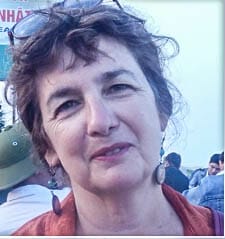
About the Author: Amy Munice
Amy Munice is Editor-in-Chief and Co-Publisher of Picture This Post. She covers books, dance, film, theater, music, museums and travel. Prior to founding Picture This Post, Amy was a freelance writer and global PR specialist for decades—writing and ghostwriting thousands of articles and promotional communications on a wide range of technical and not-so-technical topics.

